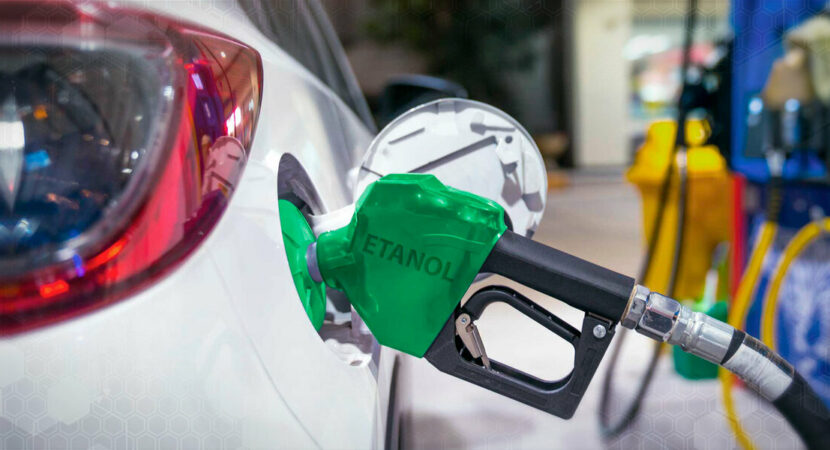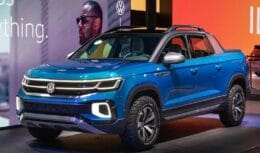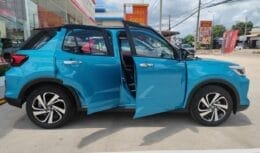
Ethanol can be the salvation of the automotive industry while electric cars do not arrive in Brazil
Brazil is the only manufacturer of cars that run on ethanol and automakers, along with fuel producers, are betting on expanding its use and even that the product will play an important role in the electric cars of the future and in the automotive industry.
Read also
SOFC technology is still an option for electric cars in Brazil
The shift to electric cars is accelerating in Europe and China, but the US has also started its electric car race. In Japan, however, there is still some resistance to cars powered by 100% energy.
Launched in 2016, Nissan's research program is still not viable today and is expected to at least enter service within the next five years. With 30 liters of ethanol, one van e-NV200 can run 600 km.
Doing 20 km/l, it does not need expensive hydrogen supplies, which require complex, expensive and dangerous infrastructure. Just stop at a gas station and fill up. With a process resulting in water, the SOFC guarantees zero emissions with a 24 kWh battery.
Brazil at the forefront of clean and renewable fuels
When it comes to clean and renewable fuels, Brazil has a great advantage, as it is the world's largest producer of ethanol from sugarcane – there were 27,9 billion liters in the 2017/2018 Harvest. This is an available, renewable, sustainable and clean energy matrix.
“Even hybrids powered by fuel cells can use ethanol instead of hydrogen to generate electricity”, explains Tatiana Bruce, doctoral student at MIT Portugal and Associate Researcher at FGV Energia.
Brazil also has 30 million flex-fuel vehicles in circulation, which run on ethanol or gasoline, which corresponds to 70% of the total fleet of 43 million cars and light commercial vehicles, according to data from the National Association of Vehicle Manufacturers. Automotive Vehicles (Anfavea).
Since 2003, the year of the introduction of flex fuel technology in Brazil, the use of ethanol has provided a reduction of 500 million tons of CO2 that were no longer released into the atmosphere, until September of this year, which reveals an enormous contribution to air quality and the reduction of global warming, according to data released by UNICA – Union of the Sugarcane Industry.












Conflict scenarios evolve very quickly.…
That’s why all foreigners and NGOs…
I owned a Monza SL/E last year…
I have an Onix LTZ 2023 2024…
I went back to SP2 and...
I have an onix plus premier 2021 car…
I want to work in other countries…
A car like this with automated transmission? AND…